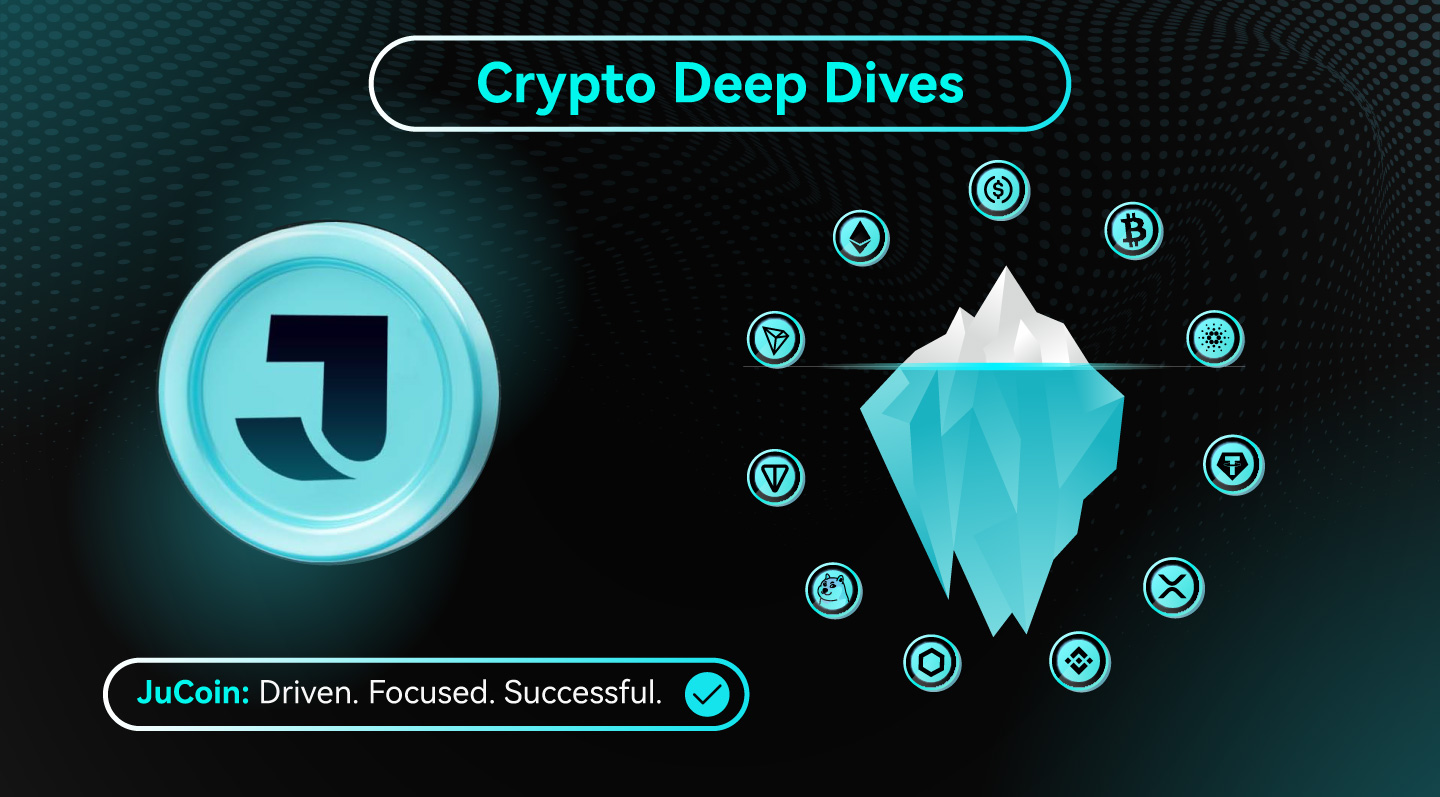
Key Takeaways
- Kuru is pioneering a fully on-chain Central Limit Order Book (CLOB) exchange on Monad, aiming to close the gap between decentralized and centralized trading experiences.
- Optimized EVM contracts enable market makers to place and cancel limit orders at low, constant gas costs, leading to tighter spreads and deeper liquidity.
- Kuru’s hybrid model integrates CLOBs and vaults (AMM-style liquidity), making it accessible for both professional and passive liquidity providers, and supporting a wide range of assets.
- The project recently raised $11.6 million in a Series A led by Paradigm, signaling strong confidence from leading crypto investors and positioning Kuru as a core liquidity hub on Monad.
- With Monad’s high throughput and fast finality, Kuru is set to unlock a new era for on-chain order books and democratized DeFi trading infrastructure.
This article explores how Kuru is reshaping the DeFi market structure and why its approach could be a game-changer for the next generation of on-chain trading. As DeFi continues to evolve, the search for efficient, capital-friendly trading infrastructure has brought renewed focus to the Central Limit Order Book (CLOB) model. Kuru, building on Monad, is among the most ambitious projects aiming to deliver a truly on-chain CLOB that rivals the performance and user experience of leading centralized exchanges.
What is Kuru? Reimagining On-Chain Trading
Kuru is a fully on-chain order book exchange optimized for Monad, an EVM-compatible Layer-1 that promises fast finality and high transaction throughput. Unlike traditional Automated Market Makers (AMMs), Kuru employs a Central Limit Order Book (CLOB) architecture, allowing users to post and cancel limit orders efficiently, with market makers enjoying low, predictable gas costs.
Kuru’s mission is to deliver the best of both worlds: the self-custody and composability of DeFi, combined with the low slippage, deep liquidity, and tight spreads familiar to users of CEXs. The goal is to make on-chain order books feasible for all, not just institutional traders.

Why Order Books? AMMs vs. CLOBs
AMMs have played a pivotal role in bootstrapping DeFi, facilitating billions in daily volume. However, even with concentrated liquidity, AMMs often suffer from high slippage and lower capital efficiency, especially for larger or more volatile trades.
CLOBs advance beyond AMMs by letting market makers actively quote liquidity at specific prices, leading to more efficient price discovery, lower slippage, and better trade execution. Until recently, technical limitations—slow block times and high gas fees—have prevented CLOBs from thriving on EVM chains.
By leveraging Monad’s planned ~10,000 TPS and 1-second block finality, Kuru overcomes these barriers, enabling market makers to update their quotes frequently and cost-effectively.
How Kuru Works: A Story of Simplicity and Efficiency
To demystify the concept, Kuru’s team introduces CLOBs with a relatable story:
- KB wants to buy apples. She visits several shops (liquidity providers) to compare prices, but finds it time-consuming and inefficient.
- Molandak wants to sell apples and faces the same issue—many shops, many prices, but no easy way to get the best deal quickly.
- Clobby solves this by recording all buy and sell offers (prices and quantities) in one book, sorting them from best to worst, so anyone can instantly find the best price for their trade.
This book is the Central Limit Order Book. Users can place limit orders (specifying price, quantity, and direction), which are prioritized by price and time. Market orders are filled against the best available resting limit orders, making trading fast and transparent.
Innovative Vaults: Passive Liquidity, Instant Markets
Order books typically rely on professional market makers for liquidity, often leaving new tokens illiquid and unattractive. Kuru Vaults address this by combining AMM-like liquidity pools with the order book.
- Anyone can deposit liquidity into a vault, earning trading fees without active management.
- Each market on Kuru has a vault by default, ensuring instant liquidity even for new tokens.
- Vaults use an AMM-style curve to spread liquidity across prices, making it easier for new projects to launch tradable tokens without hiring expensive market makers.
This hybrid design democratizes liquidity provision and enhances capital efficiency across the platform.
Optimized for the EVM—Powered by Monad
For a CLOB to truly succeed on-chain, it needs a high-performance blockchain. Most EVM chains today are either too slow, too expensive, or both. Monad changes the game with near-instant finality and low-cost transactions, making CLOBs not only possible but practical.
Kuru’s contracts are engineered for low, constant gas usage—especially for frequent order placements and cancellations—empowering both professional and retail market makers to participate actively without worrying about prohibitive costs.
Kuru Labs: Building the Monad Liquidity Hub
Kuru’s vision has attracted strong backing from leading crypto investors. The project raised $2 million in seed funding (July 2024, led by Electric Capital) and a subsequent $11.6 million Series A (July 2025, led by Paradigm), with participation from Brevan Howard Digital, CMS Holdings, and prominent angels.
This support underscores the industry’s conviction in Kuru’s mission: to create the foundational liquidity layer for Monad and the broader EVM ecosystem. The roadmap includes not only the CLOB exchange but also an integrated discovery and trading terminal, user-friendly liquidity provision, and a token launchpad, all unified on Monad.
Why It Matters: The Future of On-Chain Trading
Kuru is more than just another DEX—it represents a new blueprint for on-chain markets. By bridging the strengths of CEXs and DEXs and democratizing access to liquidity, Kuru could help redefine the DeFi user experience for both professionals and retail participants. Its hybrid CLOB-AMM model, paired with Monad’s high performance, sets a high bar for future on-chain order book protocols.
As the mainnet launch approaches, all eyes will be on Kuru and Monad to see whether they can deliver on the promise of fast, fair, and composable on-chain trading for the next wave of DeFi innovation.






